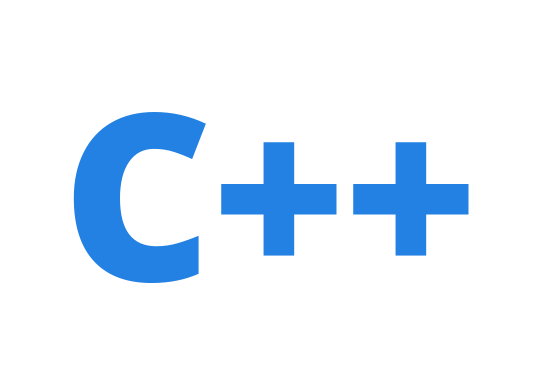Write a method to check if a given integer is a perfect square e.g. 4, 9, 16, 25 … you cannot use the sqrt or pow functions.
One solution is to use binary search which has a algorithm complexity of O(log n). Every iteration the search space is narrowed by half.
1 2 3 4 5 6 7 8 9 10 11 12 13 14 15 16 17 18 19 20 21 22 23 24 25 26 | typedef unsigned long long INT64; class Solution { public: /** * @param num: a positive integer * @return: if num is a perfect square else False */ bool isPerfectSquare(int num) { int low = 1; int high = num; while (low <= high) { int mid = low + (high - low) / 2; auto midmid = (INT64)mid * mid; if (midmid == num) { return true; } if (num < midmid) { high = mid - 1; } else { low = mid + 1; } } return false; } }; |
typedef unsigned long long INT64;
class Solution {
public:
/**
* @param num: a positive integer
* @return: if num is a perfect square else False
*/
bool isPerfectSquare(int num) {
int low = 1;
int high = num;
while (low <= high) {
int mid = low + (high - low) / 2;
auto midmid = (INT64)mid * mid;
if (midmid == num) {
return true;
}
if (num < midmid) {
high = mid - 1;
} else {
low = mid + 1;
}
}
return false;
}
};There are a few pitfalls:
- the midmid = mid * mid which could overflow 32-bit and thus you will need a 64-bit integer to hold this.
- mid * mid produces 32-bit result unless you cast it to 64-bit data type.
- (low + high) /2 may overflow 32-bit thus use low + (high – low) / 2.
- while (low <= high) instead of while (low < high), some people may make mistakes when they write this on the whiteboard.
- update the search boundaries via low = mid + 1 and high = mid – 1. Don’t forget about the 1 part.
It is not easy to get it right (implement Binary Search) for the first time.
You may also like: C++ 刷题坑:二分查找也没有那么容易写出来
–EOF (The Ultimate Computing & Technology Blog) —
Last Post: C# Questions from Job Agency
Next Post: CloudFlare Internet Summit - Recaps
